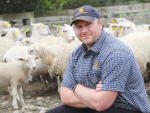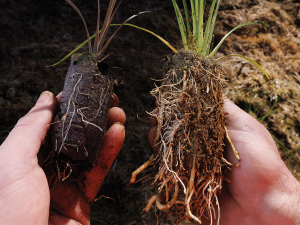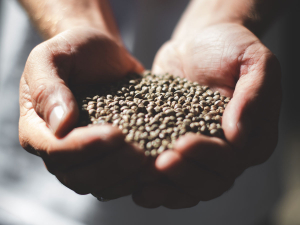People are starting to realise the true strength of agriculture in the New Zealand economy.
That’s the view of Professor Paul Kenyon who is the Head of the School of Agriculture & Environment at Massey University. He says student numbers are up by between 20% and 30% on the previous year in Massey’s key degree courses.
These are the Bachelor of Ag Science, the Bachelor of Ag Commerce, the Bachelor of Horticultural Science and the Bachelor of Environmental Science.
“We are encouraged that people are seeing employment opportunities in the greater agricultural space,” Kenyon says. “It seems people see it as a stable industry to get into and realise that in the agriculture and horticultural sectors there is a breadth of opportunities for individuals – depending on their interests.”
Kenyon says there is still a lot more work to do to raise the value and profile of agriculture and horticulture in particular. He reckons if he were a young person, he’d not just be looking at agriculture, but at the vast array of options in horticulture.
“Unfortunately, the horticulture industry is little tainted by the media suggestions that all the opportunities are in fruit picking,” Kenyon told Rural News. “But in horticulture, there are so many options for young people to get into in terms of management, be it on or off farm. It is a growing industry and it will continue to grow.”
According to Kenyon, science is so important in horticulture and underpins all the gains made in the sector. He notes that Massey works very closely with industry partners such as HorticultureNZ to encourage young people into the sector.
Promoting The Sector
Massey University will be at CD field days promoting its degree courses.
Kenyon says the focus will be highlighting the opportunities at the undergraduate and post graduate level for the indiviuals who want to get into the greater agriculture or horticultural space.
He says the field days are one of the mediums they use to attract students to Massey.
"We work directly with the schools and invite them to our open days at the university," Kenyon explains.
"We also send people out to schools. It's important for young students and high school students to be exposed to the opportunies and to hear from their peers who are doing the programme now," he adds.
"Hearing that they are enjoying the programmes and learning a lot, and where they see themselves going in the future."
Kenyon says they also make a point of getting alongside parents of potential students, as it is well known that they have a significant influence on the career decisions of their sons and daughters.
"We expect to get lots of questions at the CD field days and we may get some later either online or by telephone," he adds.











